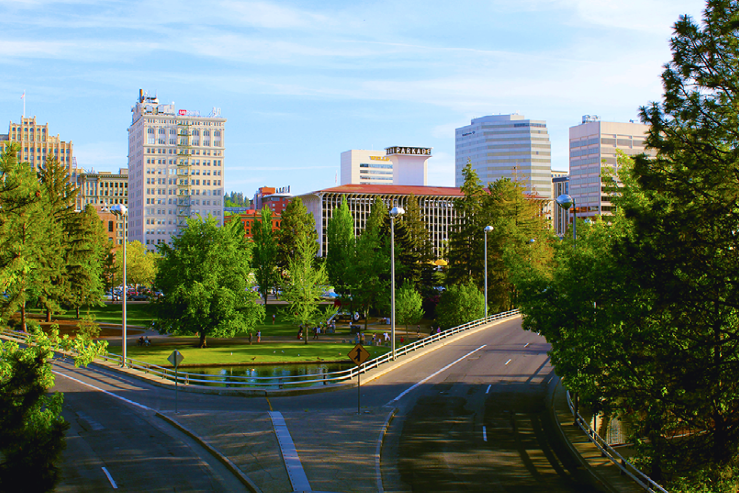Publication
Science in Support of Local Decision Making for COVID-19: The Role of COVID-19 Testing in Helping Businesses Operate
Executive Summary
In a public event on December 8, 2020, the Washington State Academy of Sciences (WSAS) and the Pacific Northwest National Laboratory (PNNL) co-hosted a dialogue in which scientists and business leaders from the Tri-Cities community came together to discuss the question, “What is the role of COVID-19 testing in helping businesses operate during the pandemic?”
The Tri-Cities region sits at the confluence of the Columbia, Snake, and Yakima rivers in south central Washington. With a total population estimated at about 300,000, it encompasses the cities and surrounding areas of Kennewick, Pasco, and Richland in Benton and Franklin Counties. In addition to being the home of PNNL, the Tri-Cities economy is anchored in high-tech manufacturing firms, environmental and engineering companies, food growers and processors, service industry, and government.
The region has been hard hit by the COVID-19 pandemic, including surges in infection rates and struggles with industry-specific outbreaks, and by the social and economic repercussions of the response. Local government officials, business leaders, service providers, educators, and citizens have all faced difficult decisions and tradeoffs and have navigated differences in perspectives, sometimes highly charged and politicized, on how best to both protect the health of the community and sustain economic viability.
To elucidate the role of testing as one tool for pandemic management, the conversation at this event covered the types of COVID-19 tests that are available and how they work, what kind of tests are useful for which situations, why getting results from some tests takes longer than others, how testing fits in with other measures in response to the pandemic, and the need for clear, trusted, and transparent information about COVID-19. The event was joined by a viewing audience of more than 135 online attendees from a variety of backgrounds, including scientists, local business owners and business groups, community organizations, public health officials, and other members of the community.


